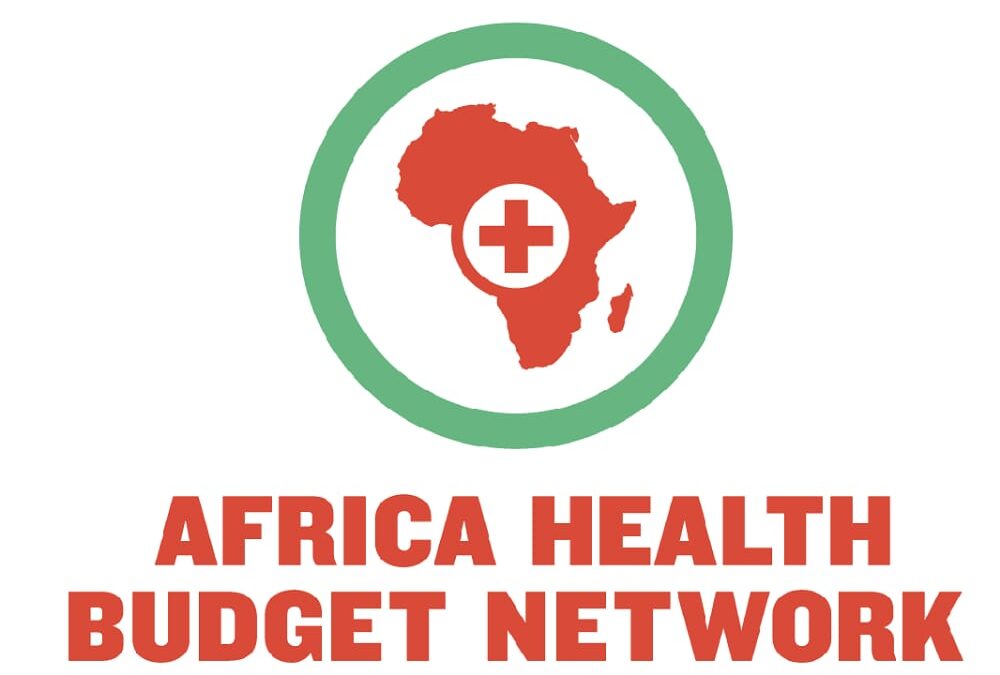By Haruna Gimba
The African Health Budget Network (AHBN) has established Community of Practice (CoP) in Bauchi State, aimed to reach the Zero Dose Children in the state.
AHBN Focal Person in the state, Dr Hassan Shuaibu Musa, disclosed this in a statement issued on Friday.
He said the AHBN in consortium with the African Epidemiology Network (AFENET) is currently implementing the Zero Dose Learning Hub in Nigeria and has established Communities of Practice (CoP) in Bauchi, Borno, Kano and Sokoto states.
Dr Musa said the CoP will support the state governments to accelerate the progress in improving immunization coverage, particularly in reaching the Zero Dose Children, by influencing budgetary allocation, releases, and utilization using advocacy to demand accountability and transparency.
“Implementation of the Community of Practice in Bauchi State will support the state government and its immunization partners to continuously analyse and track immunization budgets based on agreed indicators in line with the state-level accountability framework and the state-level MoU targets.
The Community of Practice will also review challenges and proffer key recommendations that will support accountability and transparency amongst state-level partners and continuously engage and promote coordination amongst state-level partners aimed at promoting the sustainability of immunization finances.
“It will also document lessons learned periodically and disseminate through multiple platforms at state, national, regional, and global levels. This will be through publications, newspaper stories, PowerPoint presentations at strategic meetings,” he said.
Dr Musa further explained that the community of practice will then use the evidence gathered above to continuously engage in targeted advocacy to policymakers, political actors, development partners, and community gatekeepers, aimed at influencing positive actions for sustainable immunization finances, such as timely releases, efficient utilization, and increased budgetary allocation.
“The Community of Practice is crucial because, over the years, different immunization financing strategies have been developed and implemented to mobilize resources for vaccine procurement, distribution, and service delivery in reducing the number of Zero Dose which is presently put at 2.4 million children in Nigeria.
“It is widely known that vaccines have reduced the risk of getting infected with some life-threatening diseases, in fact so many lives, particularly that of children under five, have been saved from deadly diseases.”
“We will support the State Government through the Community of Practice to improve the state immunization budget performance, thereby improving immunization activities and coverage. Money is key in addressing most of the barriers already identified for effective immunization process,” Dr Musa said.
“We welcome Community of Practice which will support us with evidence and advocacy to continue to strengthen collaboration with our immunization partners and state-level CSOs to improve immunization coverage as well as ensure every child in Bauchi state is fully immunized, thereby, reducing Zero Dose children,” said Dr. Rilwanu Mohammed, the Executive Chairman, Bauchi State Primary Health Care Development Agency.
“As the Civil Society leader, I encourage, the Bauchi State Government to always ensure the timely release of agreed funds signed in the MoU to promote budget performance, which will positively impact zero-dose children and call on the stakeholders in the Community of Practice (CoP) to promote budget tracking, accountability, and sustainability” said Mallam Jinjiri J Garba, the State Chairman, Bauchi State Network of Civil Society Organizations (BASNEC).
The AHBN is implementing Nigeria Zero Dose Learning Hub Project (ZDLH) in consortium AFENET, as the lead partner, to support in setting up and coordinating a zero-dose (ZD) learning hub in Nigeria.
It sought to provide systematic and robust monitoring and learning for the identify-reach-monitor-measure-advocate (IRMMA) interventions by working in conjunction with the government, local academic institutions, civil society organizations (CSOs), the Zero-Dose Immunization Programme (ZIP) partners, and other partners implementing immunization.
“It would also touch other health programmes to maximize data and evidence use to identify and reach zero-dose children, use learning approaches, test interventions for reaching zero dose children, and document and communicate those results,” the statement added.

